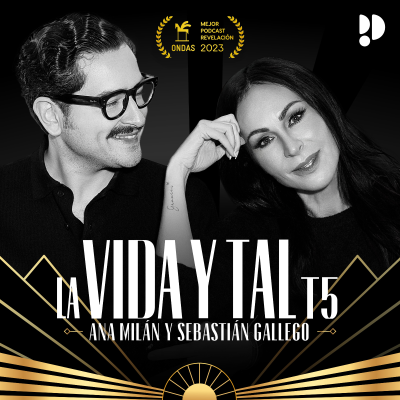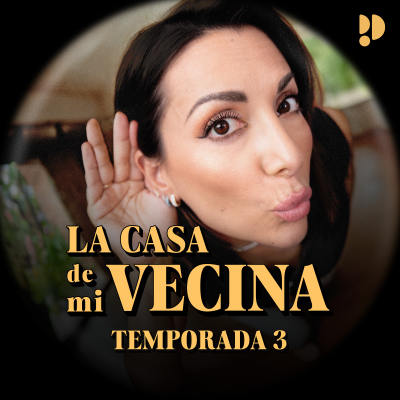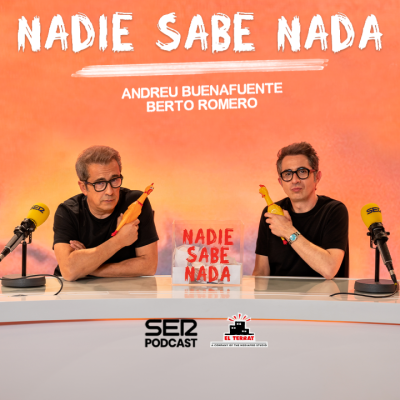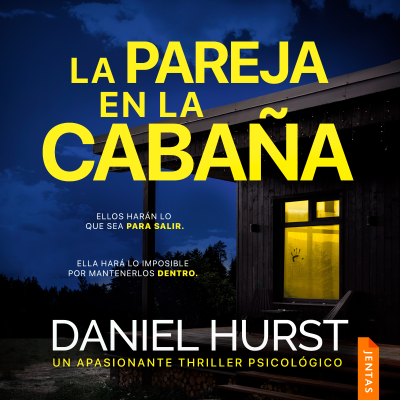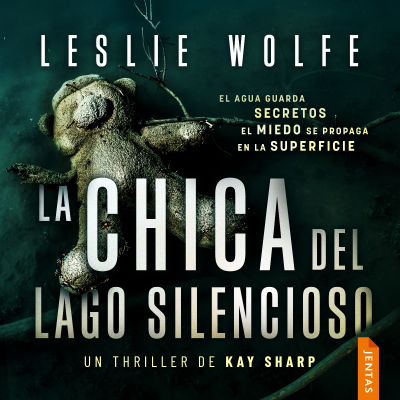
Wellesley College
Podcast de Wellesley College
Disfruta 90 días gratis
4,99 € / mes después de la prueba.Cancela cuando quieras.
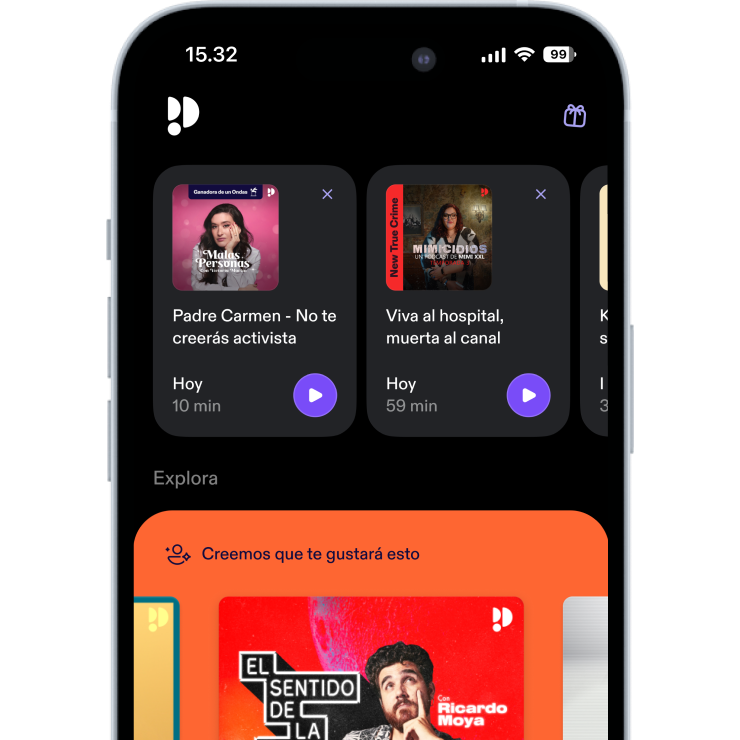
Más de 1 millón de oyentes
Podimo te va a encantar, y no sólo a ti
Valorado con 4,7 en la App Store
Acerca de Wellesley College
Wellesley College, one of the most excellent institutions of higher education in the country and widely acknowledged as the nation's top college for women, provides its 2,300 students with opportunities that prepare them to realize their own highest ambitions and compete in any setting.
Todos los episodios
33 episodiosAhead of the Freedom Project event “Listening Is an Act of Love: Lessons from StoryCorps,” Robin Sparkman ’91 talks with co-editor-in-chief of “The Wellesley News” Erin Kelly ’20 about her time at Wellesley College, her career, and the importance of listening intentionally.
What does First-Generation Day mean to you? What do you want the Wellesley community to know about being first-gen? These questions and more are explored in an audio conversation between, Shanté Brown, dean of first-year students, and Andy Mowbray, lecturer in art and director of 3D arts. As members of Wellesley’s first-generation community, they talk about the impact being first-gen students had on their college experiences, their view of higher education, their time at Wellesley, and how they engage with students. On the third annual First-Generation Celebration Day on November 8, Wellesley joins colleges and universities across the nation in recognizing the successes of first-gen individuals and their unique challenges and experiences, and reflecting on the importance of providing resources and building community to support them. Wellesley is hosting a series of events dedicated to bringing together students who are the first in their family to go to college and invites the whole campus to honor the successes of the Wellesley First community. To hear more voices from the community, stories, and coverage throughout the day, follow along on Wellesley’s Instagram account.
Each year, Wellesley’s Summer Research Program gives a select group of students the opportunity to do high-level research in a variety of fields across the social and natural sciences. Shruti Samala ’21 and Melisa Campos ’22, two psychology majors who conducted psychological research over the summer, recently sat down together in the Academic Quad to discuss their work. Samala, a native of Hyderabad, India, focused on why children create imaginary companions and what role they might play in childhood development, guided by Tracy Gleason, professor of psychology. Campos, a native of Houston, Texas, interviewed a group of Wellesley undergraduates about their childhood memories, hoping to better understand memory formation in adolescent minds, under the guidance of Margaret Keane, Denise Kellen ’68 Professor in the Health Sciences and chair of the psychology department. Samala and Campos discuss some of the difficulties and surprises that arise during long-term research projects, the differences between quantitative and qualitative work, and the challenges of presenting their findings to people who aren’t familiar with the field of psychology.
How do partisanship and perceived political bias affect the Wikipedia pages of news sources? In an era of the spread of misinformation, Khonzodakon Umarova ’20 and her advisor, Eni Mustafaraj, assistant professor of computer science at Wellesley, have found that people prefer to be aware of political bias in the news they consume and that while news outlets generally don’t advertise their biases, readers have taken it upon themselves to place these sources on a political spectrum. They include these opinions on Wikipedia as if they are facts, which then filter into search engine results. In their recent paper, How Partisanship and Perceived Political Bias Affect Wikipedia Entries of News Sources, Umarova and Mustafaraja write that they have seen “repeated addition and removal of political labels, such as conservative, left, right, and liberal” in the lead paragraph of a Wikipedia page, which is also the first description that appears when searching online for a news outlet. Recently, Umarova and Mustafaraja sat down to talk more about their paper and more specifically how so-called “edit wars” and “vandalism” on Wikipedia affect political biases.
A group of engineers walk into a room. What results? The design standards necessary to connect the world’s products and processes. In their new book Engineering Rules: Global Standard Setting Since 1880, Craig N. Murphy, Betty Freyhof Johnson ’44 Professor of Political Science at Wellesley, and JoAnne Yates, Sloan Distinguished Professor of Management at MIT, dive into the history of standard setting that for decades has guided industries from technology and trade to construction and environmental studies. Throughout history, as new products and processes are rapidly introduced into the economy, committees of engineers have met to make important standardization decisions affecting a range of objects, from the dimensions of shipping containers to the software and hardware in cell phones. The committees include a variety of stakeholders—manufacturers, users, and unaffiliated engineers—who work together to come up with these voluntary standards of compliance. Murphy and Yates write that the early engineers who set up the processes surrounding standard setting saw their work as the beginning of a social movement, a way to improve the world through global trade, increased communication, and newer areas like environmental compliance standards for governments. Matilda Berke ’21, fresh out of Murphy’s global governance seminar, sat down with the husband-and-wife duo to discuss their book and dive deeper into the future of standards and the individuals who work to set them.

Valorado con 4,7 en la App Store
Disfruta 90 días gratis
4,99 € / mes después de la prueba.Cancela cuando quieras.
Podcasts exclusivos
Sin anuncios
Podcast gratuitos
Audiolibros
20 horas / mes

